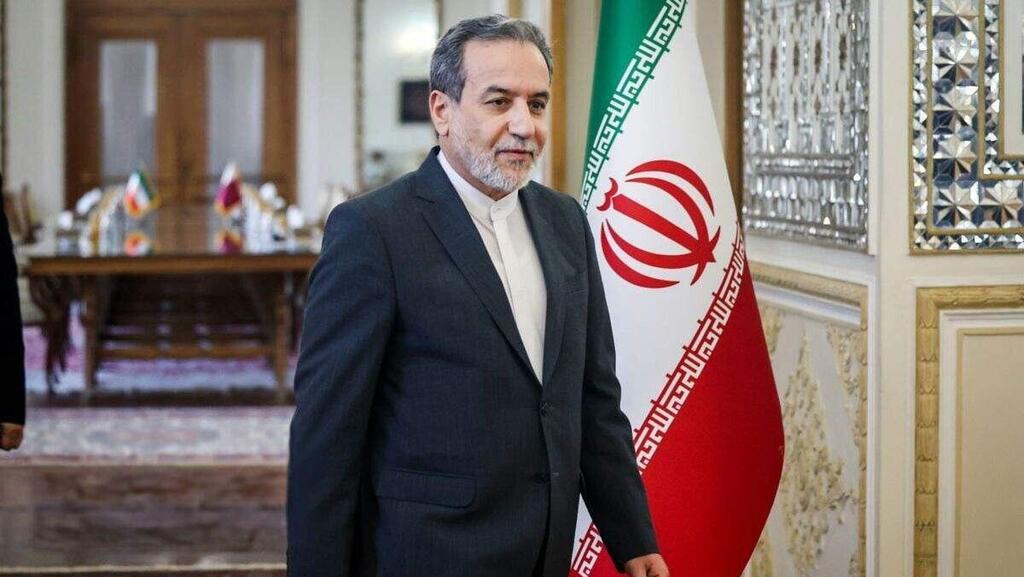U.S.-Iran talks to be held on April 12 in Oman will be led by Iran's Foreign Minister Abbas Araqchi and U.S. presidential envoy Steve Witkoff, Iran's state media reported on Telegram on Tuesday adding the talks would held with the intermediation of Oman's foreign minister, Badr al-Busaidi.
U.S. President Donald Trump announced that the United States would begin direct talks with Iran in the coming days, for the first time since Trump abandoned the nuclear deal in 2018. Despite the president's statement, Iran quickly clarified that the talks would be conducted through mediators. Trump spoke from the White House with Prime Minister Benjamin Netanyahu by his side.
3 View gallery


Prime Minister Benjamin Netanyahu and U.S. President Donald Trump at the White House on Monday
(Photo: GPO)
Iran's Foreign Minister Abbas Araqchi posted on X that indirect high-level talks would be held in Oman, adding, "It is as much an opportunity as it is a test. The ball is in America's court."
On Tuesday, Iran's state media said the talks would be led by Araqchi and U.S. Presidential Envoy Steve Witkoff, with the intermediation of Oman's foreign minister, Badr al-Busaidi.
But, three Iranian officials told the New York Times that Ayatollah Khamenei had shifted his position to potentially allow direct talks after Iran and the United States traded threats in the months since Trump returned to the White House. They said that if the indirect talks that would begin on Saturday, would be respectful and productive, direct talks could happen.
"If the talks aren't successful with Iran I think Iran will be in great danger," Trump said. "Iran cannot have a nuclear weapon."
Get the Ynetnews app on your smartphone: Google Play: https://bit.ly/4eJ37pE | Apple App Store: https://bit.ly/3ZL7iNv
Netanyahu who was summoned to a meeting with the president said he supports Trump’s diplomatic efforts to reach a settlement with Iran, adding that Israel and the U.S. share the same goal of ensuring that Iran does not develop a nuclear weapon. Netanyahu, however, led efforts to persuade Trump to pull out of the deal in 2018.
The prime minister said he would welcome a diplomatic agreement along the lines of Libya’s deal with the international community in 2003. But that deal saw Libya’s late dictator Moammar Gadhafi give up all of his clandestine nuclear program. “I think that would be a good thing,” Netanyahu said. “But whatever happens, we have to make sure that Iran does not have nuclear weapons.”



